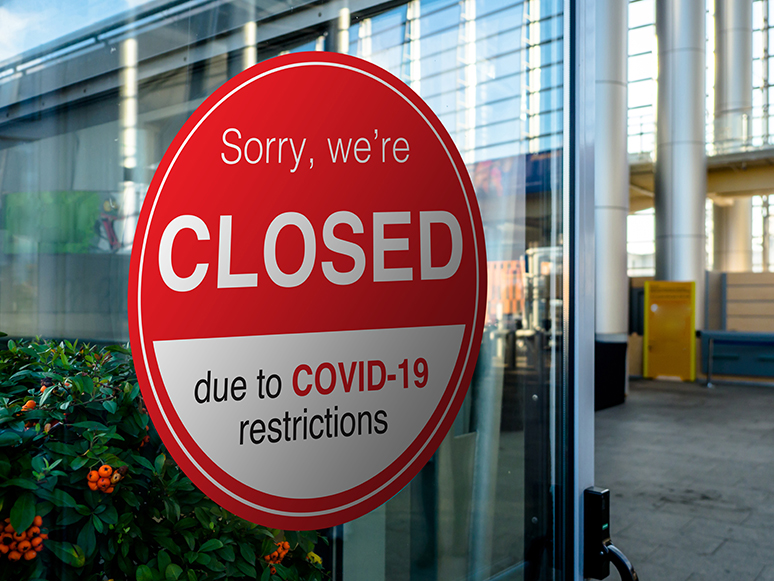Tax-related business measures
- Cash flow boost payments: Tax-free payments of up to $100,000 are available for eligible small and medium sized entities and not-for-profits (including charities) that employ people, with a minimum payment of $20,000.
- Instant asset write-off: From 12 March to 30 June 2020, the threshold increases to $150,000 for business entities with aggregated annual turnover of less than $50 million.
- Accelerated depreciation: Businesses with aggregated turnover of less than $500 million can deduct capital allowances for depreciating assets at an accelerated rate. This measure extends over the 2019–2020 and 2020–2021 income years.
- Research and Development (R&D) Tax Incentive: The Government has deferred the lodgment dates for R&D Tax Incentive applications for 2018–2019 until 30 September 2020.
Superannuation
- Superannuation early release: Eligible people affected by COVID-19 can apply to release (tax- free) up to $10,000 of their superannuation in 2019–2020 and up to $10,000 in 2020–2021.
- Temporary residents: Certain temporary residents impacted by COVID-19 may apply for early release of up to $10,000 of their super by 30 June 2020.
- Super pension drawdowns reduced: The minimum annual payment amounts for certain pensions and annuities have been temporarily reduced by 50% for 2019–2020 and 2020–2021.
Social security and support
- Fortnightly Coronavirus Supplement: This $550 supplement is available for six months for job seekers, sole traders, students and some others. It effectively doubles the current payment for new and existing social security recipients from 27 April 2020. It will be paid for six months to both existing and new recipients of the JobSeeker Payment, Sickness Allowance, Youth Allowance for jobseekers, Parenting Payment Partnered, Parenting Payment Single, Partner Allowance, Sickness Allowance and Farm Household Allowance.
- Stimulus payments for income support recipients: The first $750 cash stimulus payment has now gone out to 6.8 million eligible pensioners, carers, disability support pensioners, those on family tax benefits and concession card holders. A second $750 payment will be made from 13 July 2020 for eligible income recipients and concession card holders.
- Regional and sector support: The Government has set aside an initial $1 billion to support regions, communities and industries that have been disproportionately affected by the economic impacts of the pandemic, including those heavily reliant on industries such as tourism, agriculture and education.
ATO concessions
- Deferring tax payments: Tax payment dates will be deferred by up to six months for tax amounts due through the BAS. This includes PAYG instalments, income tax assessments, FBT assessments and excise.
- Varying PAYG instalments: The ATO has allowed businesses to vary their PAYG instalment amounts to zero for the March 2020 quarter. Businesses that vary their PAYG instalment to zero can also claim a refund for any instalments made during the 2019–2020 financial year.
- ATO automatic lodgment deferrals: Company 2018–2019 income tax returns are now due by 5 June 2020 and SMSF 2018–2019 annual returns by 30 June 2020. For individuals, partnerships and trusts, 2018–2019 income tax returns can be lodged by the 5 June 2020 concessional due date. Finally, the due date for 2019–2020 FBT annual returns has been deferred to 25 June 2020.
- Working from home deductions: The ATO will accept tax deduction claims using a flat rate of 80c per hour, provided a diary of working hours is kept.
- FBT: If entities provide or pay for goods or services to assist employees who are sick or are at risk of becoming sick with COVID-19, this will generally be exempt from FBT if the benefit is provided for their immediate relief.
- Switching to monthly GST reporting: Businesses on a quarterly reporting cycle can elect to switch their GST reporting and payment to a monthly cycle to get a quicker GST refund.
Financial institutions
- Bank loan deferrals: Banks will defer loan repayments for six months for small businesses with total business loan facilities up to $10 million who need assistance because of COVID-19.
- Bank assistance for JobKeeper: The major banks have agreed to set up a dedicated hotline for customers needing to access bridging finance to pay their staff ahead of receiving money under the JobKeeper program. The banks have also agreed to expedite the processing of those JobKeeper applications.
TIP: The ATO has a range of regularly updated webpages that provide answers to common COVID-19 support questions, including on:
- JobKeeper for employers, and for employees;
- income tax impacts for people who work and earn money overseas but have returned to Australia because of COVID-19; and
- tax considerations and other financial impacts for residential rental property owners, including rent and loan payment changes, and personal use of short-term accommodation like holiday houses.


